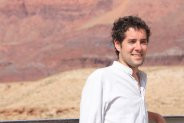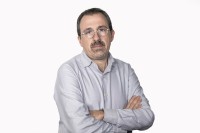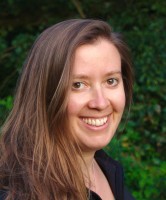Marine Biodiversity
Climate Change
Global Warming
Climate Adaptation & Resilience
Ocean Circulation
Algae & Plankton
Post-Doctoral Fellowships
Mexico
2012.06.03
High resolution paleoceanography of the southern Gulf of California during the Middle and Late Holocene
For his study, Dr. Barbara will work on a reconstruction of environmental changes in the southern part of the Gulf of California over the last 6,000 years. The originality of his project stems from the comprehensive analyses of sediment records that he will conduct. Dr. Barbara will apply robust dating techniques and will use diatoms, which are microscopic algae fossilised in sediments. Each diatom species lives under specific conditions, e.g. at a given temperature, thus providing valuable information on the environmental conditions during its lifetime. Dr. Barbara will also carry out chemical analyses on sediment cores in order to study past rainfalls and river discharges in this region.
By investigating the past evolution of environmental conditions in the Gulf of California, Dr. Barbara hopes to unravel interactions between the ocean, the atmosphere and the biosphere at different time scales. His work might bring a significant contribution to the scientific community working on the Gulf of California and particularly to scientists from the IPCC (Intergovernmental Panel on Climate Changes). His findings could also contribute to the Mexican National Agenda on Climate Change, a program created by the Mexican government and aimed at adapting the country to changing environmental conditions, by providing information for regional climate prediction models.
Saving one of UNESCO's world heritage sites
To add or modify information on this page, please contact us at the following address: community.research@axa.com

Loïc
BARBARA
Institution
Universidad Nacional Autónoma de México
Country
Mexico
Nationality
French
Related articles
Climate Change
Finance, Investment & Risk Management
Societal Challenges
Climate Adaptation & Resilience
Insurance & Risk Management
Environmental Justice
Civil Society & Governance
AXA Project
Italy
AXA Research Lab on Climate Change, Risk and Justice
In response to three research questions: How can the private and financial sectors contribute to a just transition to a... Read more

Gianfranco
PELLEGRINO


